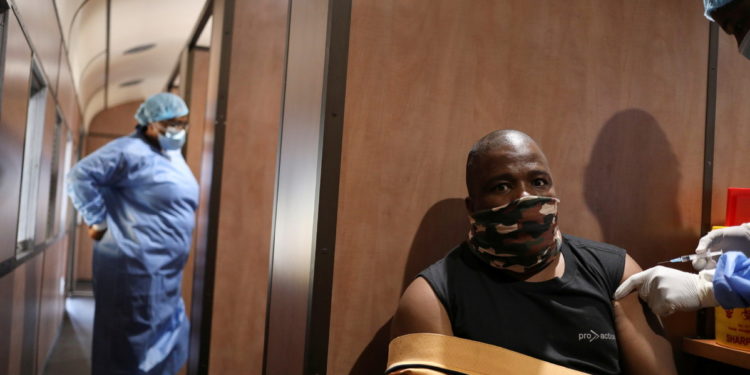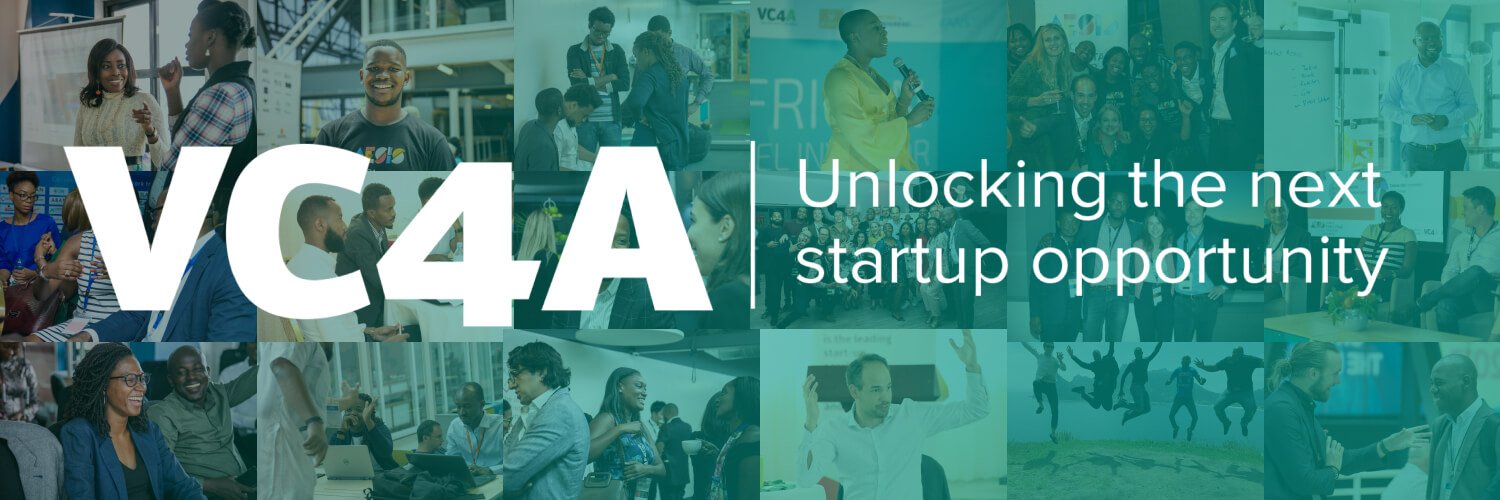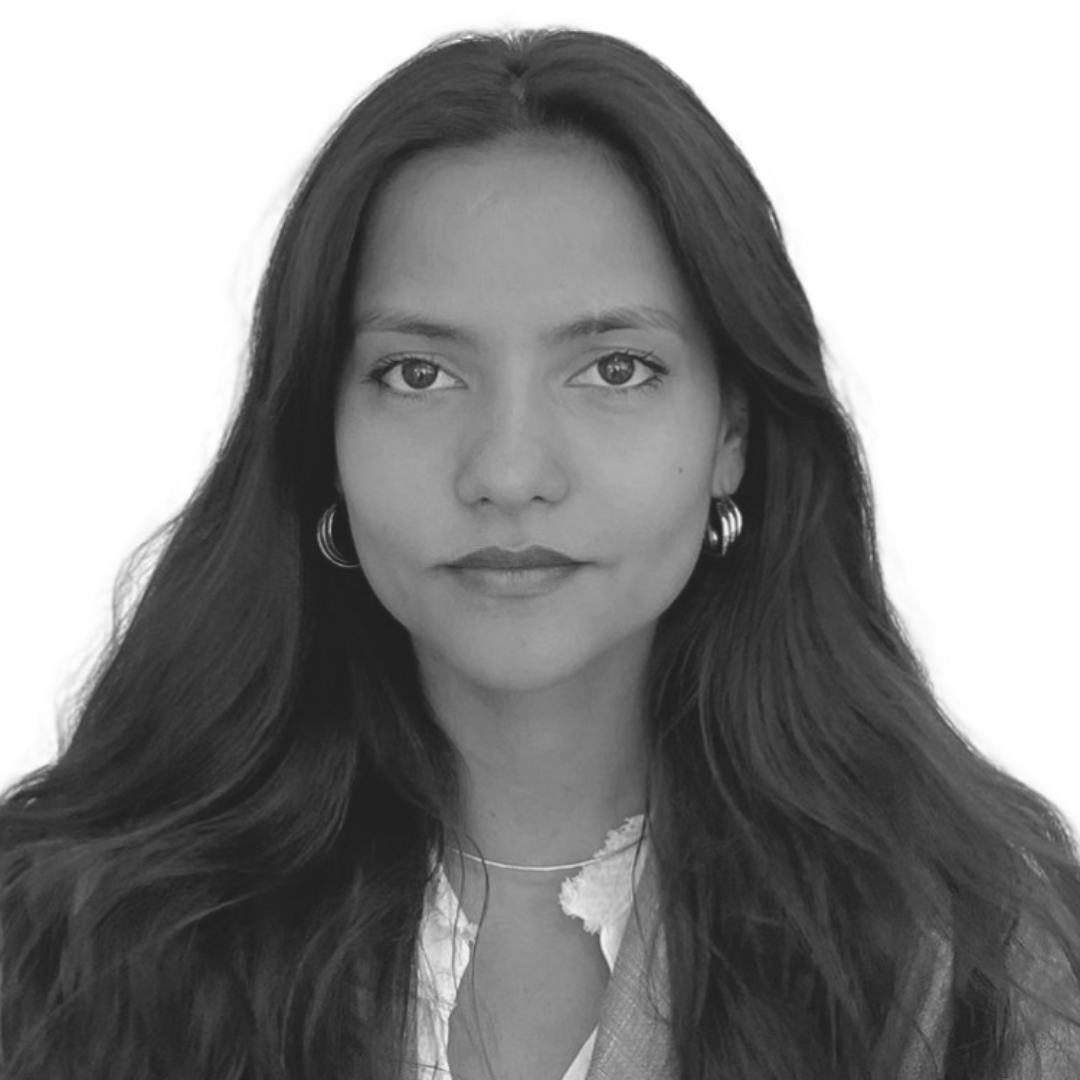To meet the global goal of fully vaccinating 70 percent of its 1.2 billion people by September 2022, Africa will have to increase its vaccine shipment seven times, from the current 20 million monthly doses to 150 million.
Speaking at a virtual press briefing on Thursday, Matshidiso Moeti, the World Health Organization regional director for Africa, said the increased shipment will need to be accompanied in equal scale by adequate delivery capacities – staff, supplies and funding to massively ramp up the rollout.
“It is in every country’s interest that this happens quickly. The longer the delay in rolling out vaccines, the greater the risk of additional challenges emerging, be they variants, hesitancy, operational gaps or other threats,” Moeti said.
Due to global supply shortages and export bans, the COVAX Facility, the global platform mandated to ensure equitable access to COVID-19 vaccines, has been forced to slash planned deliveries to Africa by 25 percent this year.
Moeti said despite COVAX deliveries still coming into African countries, it’s concerning only a third of the doses pledged to be delivered by the end of 2021 have been received. In the past week, Africa received four million doses.
“As it stands, one in three people globally are fully vaccinated against COVID-19, but in Africa this drops to one in 25,” she said.
Moeti said global coordination mechanisms are needed to bring together vaccine-producing nations, manufacturers, international organizations and other stakeholders, to promote transparency on vaccine delivery schedules and sharing of other key information.
“This will help countries plan and rollout the vaccines efficiently. A key finding from the intra-action reviews in our countries of the rollout to date is the instability caused by inconsistent vaccine supply is negatively impacting vaccine uptake,” she said.
Moeti warned fresh increases in cases should be expected in the coming months, with end-of-year travel and festive celebrations fast approaching.
“Health workers, services and communities can and should use this time to regroup and prepare for the next wave. Without widespread vaccination and other preventive measures, the continent’s fourth wave is likely to be the most brutal yet,” she said.
To date, Africa has reported nearly 8.2 million COVID-19 cases and more than 200,000 deaths.
The Africa Centers for Disease Control and Prevention, the International Federation of Red Cross and Red Crescent Societies and the US Mission to the African Union on Thursday has called on partners and governments to do more to end vaccine inequity.
Speaking at a high-level event on COVID-19 on the margins of the UN General Assembly, the three institutions said most of Africa’s population is being left behind, even as other parts of the world begin their path to recovery from the deadly pandemic.
“As we call for the end of vaccine inequity, we know the work doesn’t end there. We also need to be able to deliver those vaccines to the communities; ensure people are prepared to be vaccinated and the doses are being delivered where they are needed. It is crucial to continue working more closely with communities,” said John Nkengasong, the director of Africa CDC.
Nena Stoiljkovic, the undersecretary-general for global relations, humanitarian diplomacy and digitalization at the International Federation of Red Cross and Red Crescent Societies, said the pandemic must be tackled more aggressively to minimize its socioeconomic impact, which will be felt for many years to come.
“This means more equitable access to vaccines as a priority. It also means investing in local actors, such as National Red Cross Red Crescent Societies, who have been on the frontlines of this crisis since this outset, building community trust and resilience for the future,” Stoiljkovic said.










